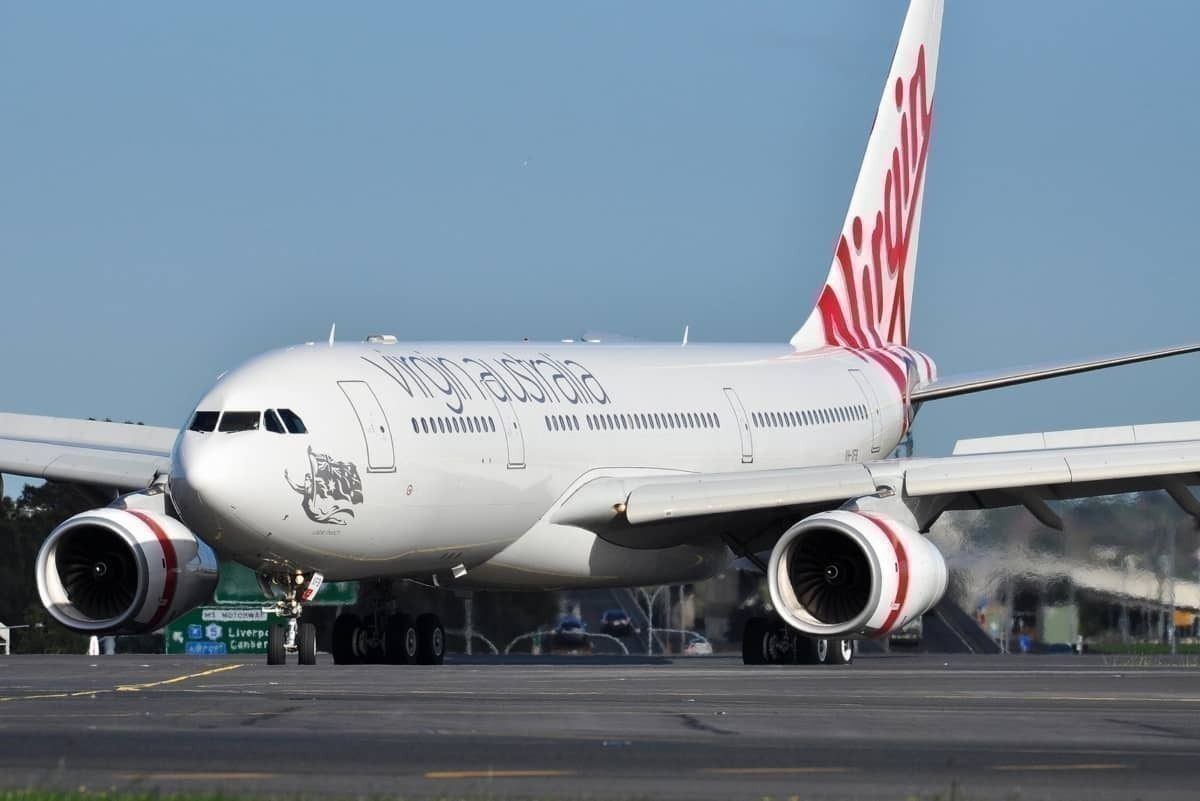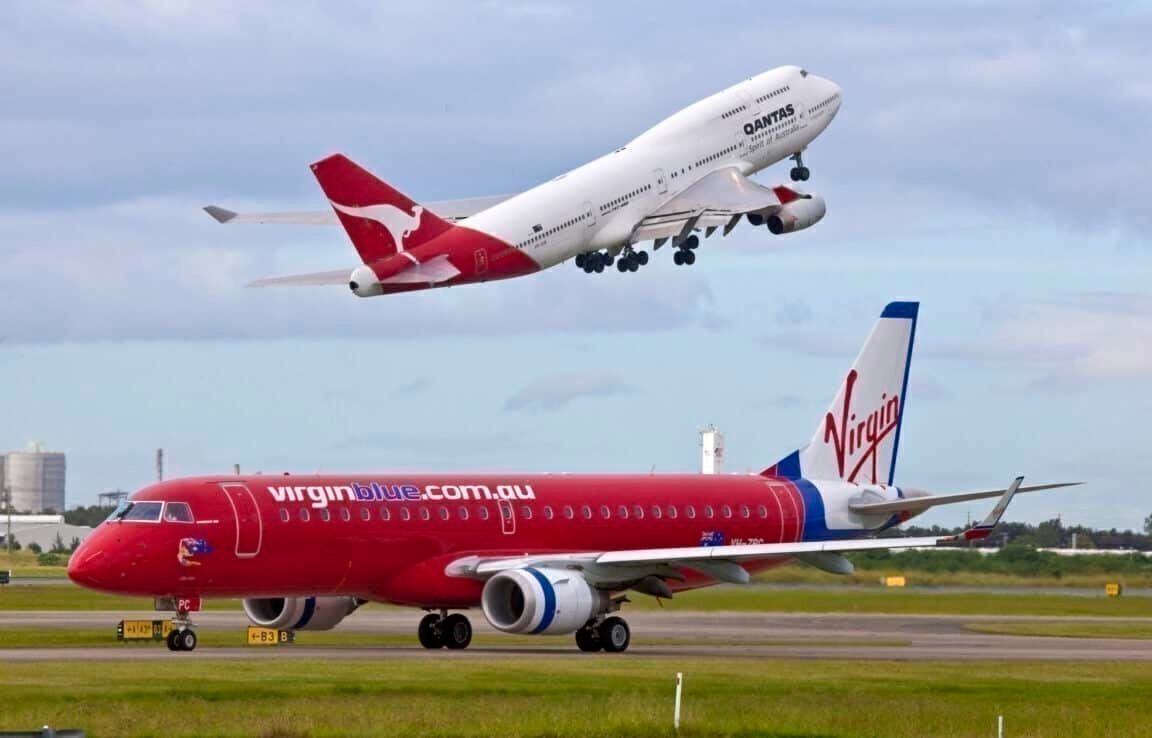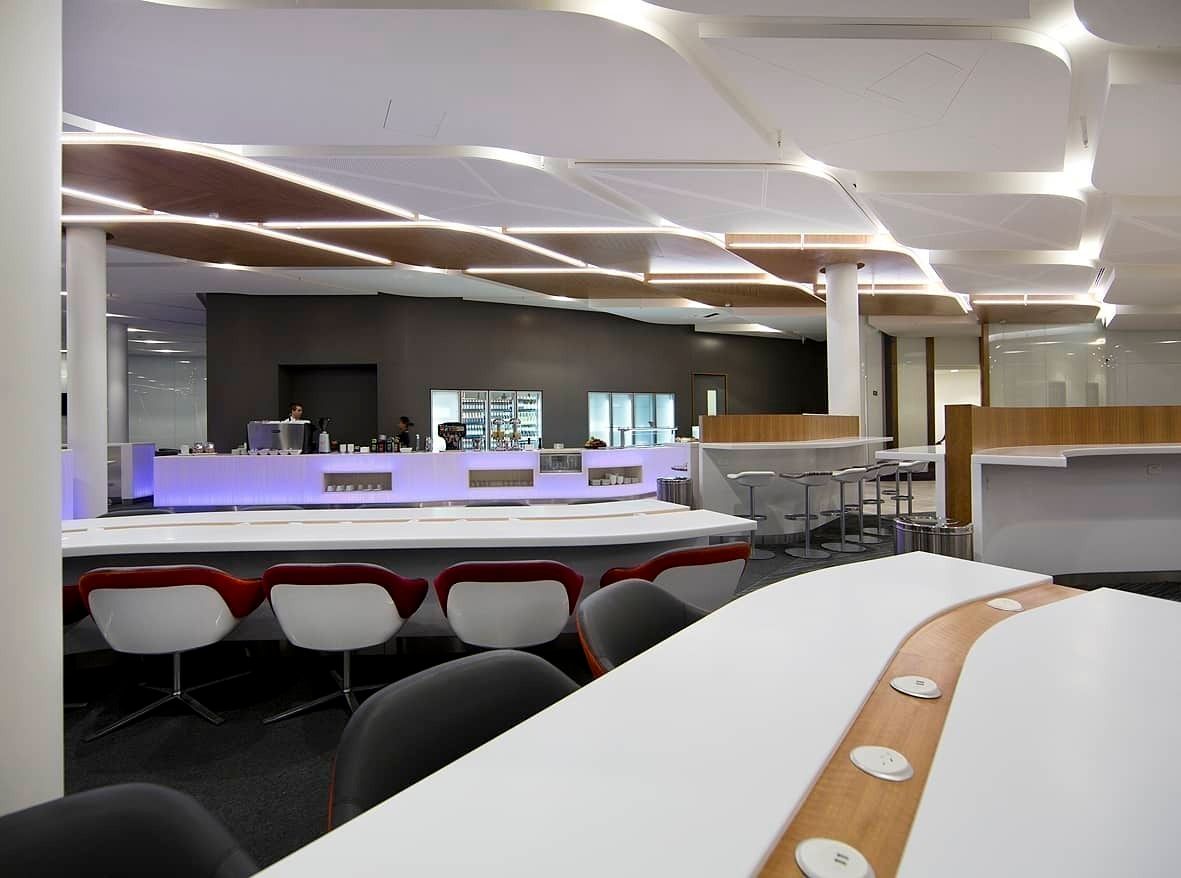One of the shortlisted bidders for collapsed Virgin Australia is has been creating some news of its own over the weekend. Boston-based private investment firm Bain Capital said it had big plans for a restructured Virgin Australia and wanted to revive elements of its low-cost origins when the airline was known as Virgin Blue.
"Bain Capital brings experience, certainty, and stability to Virgin with a long-term mindset and a commitment to a well funded, successful airline," said Bain's Sydney managing director, Mike Murphy, on Sunday, in a statement supplied to Simple Flying.
Bain Capital's Sydney MD gets on the PR front foot
Bain Capital is the second of four shortlisted bidders to break their silence. Last week, Bill Franke of Indigo Partners popped up in a CAPA online seminar and talked about his intentions for Virgin Australia. The remaining two bidders, Australia's BGH Capital and US-based Cyrus Capital, have so far said nothing publicly.
It is relatively unusual for bidders to comment publicly in situations like this. But the decision by both Bain Capital and Indigo Partners to do so has several outcomes. There is considerable speculation about what prospective bidders plan to do with Virgin Australia, and the information could be aimed at settling that. Secondly, these moves could be intended to temper expectations.
Indicators point to a low-cost future for Virgin Australia
Virgin Australia's administrators, Deloitte, and the airline's top management are keen for Virgin Australia to continue as a going concern. But most believe that this is not feasible. Many analysts and observers argue that Virgin Australia needs to drop a lot of its bells and whistles and return to an operating model closer to its low-cost roots.
Bill Franke last week said if he ran Virgin Australia, it would meet market demands, but he pointed to the success of the low-cost versus full-service model in recent years.
Bain channels Virgin Blue's 'fun' culture
Now Bain Capital is also flagging the virtues of the low-cost model, suggesting that they'd like to revive the "fun" aspects of the Virgin Blue culture.
However, based on our experience, that's nothing but arrant, rose-tinted romanticism. There was nothing fun about flying on Virgin Blue or any other low-cost carrier and there never has been. Trudging across the tarmac in the dark, having flight attendants trying to flog trolley loads of tatty merch, and dreadful coffee would have helped keep the costs down at Virgin Blue, but it never made flying fun.
Not to say that there was anything wrong with it as an operating model. The lean and stingy Virgin Blue was financially more successful than the unwieldy and expensive Virgin Australia.
"Bain Capital is here for the long haul with deep funding to navigate these difficult times. Under our ownership, Virgin Australia will have a sustainable long term future," said Mr Murphy.
Addressing concerns about the future of Virgin Australia
There have been some concerns that any successful bidder could either flip Virgin Australia or break it apart, selling off assets. Bain Capital's comments on the weekend also addressed those issues.
The USD$100 billion-plus private investment firm has global interests and operates across a wide variety of sectors. Bain Capital owns Trans Maldivian Airways. In their bid for Virgin Australia, Bain Capital said to have ties with Australia's sovereign wealth Future Fund and Richard Branson.
Mike Murphy also moved to address concerns about the future of Virgin Australia's 10,000 plus employees, with the majority having been stood down.
“We will be a reliable partner for staff. Without them, there is no airline.
"It will be an airline for all Australians, with Australian management and staff, funded by significant Australian money and Bain Capital, which has been investing in Australia for more than 20 years."



